Our Journey Begins
People often ask how we can afford to travel for 10 months. Honestly, it’s been quite a journey! Our “Gap Year” idea started brewing about two years ago. But before that, let’s rewind a bit. And keep in mind, that this is NOT financial advice, this is just our journey.
After high school, we both jumped into jobs and have worked ever since. We’re a blended family, in our second marriage. As our kids neared the end of school, life had become a whirlwind of full-time work, studying, raising a family, and personal stresses. We were exhausted. We
craved something different, something to shake up our routine.
A Spontaneous Revelation
We toyed with the idea of moving abroad to a place like Thailand, relocating to a different town, or even taking a European vacation. Then came a spontaneous trip to west Queensland in a borrowed motorhome, which changed everything. A week after returning, we had a revelation: “Let’s buy a caravan
and take a year off to travel Australia!”
Finances: The Big Question
We both share similar financial goals and love “The Barefoot Investor” by Scott Pape (we recommend this book to anyone and everyone, no matter where you are in your financial journey). We were already following some of Scott’s advice and took up some of his other recommendations. Some things that we do are:
- Pay our debts off fast and avoid getting loans if we don’t have to
- Don’t splurge on gadgets, clothes, or fancy hair and makeup
- Wait until electronics fail before getting the latest and greatest
- Keep our phones for years, and buy them outright to avoid contracts
- Skip buying each other gifts unless we really want or need it
- Don’t use credit cards – if we can’t afford it, we wait until we can.
We do enjoy going out with friends and indulging in good food and wine, perhaps a little too much, but hey, you have to have some vices in life. We’re also diligent savers, regularly putting money away. We made some good property investments and worked our butts off over the years making extra repayments and getting ahead on our loans. We were also fortunate to lock in some very low interest rates which made a big difference.
Making it Work
When we decided to take a Gap Year, we rented out our lovely family home and moved into our investment house to renovate it. After 10 extremely busy months with many early mornings before work and many late nights renovating, we completed our renovation. We transformed what was a pretty lacklustre house into a beautiful home and put it on the market and sold it in less than a week.
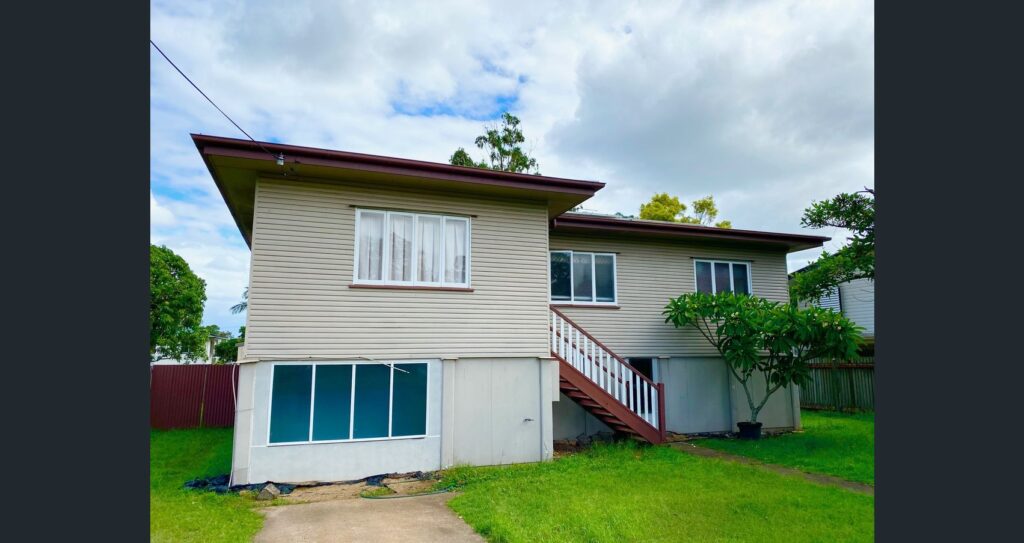
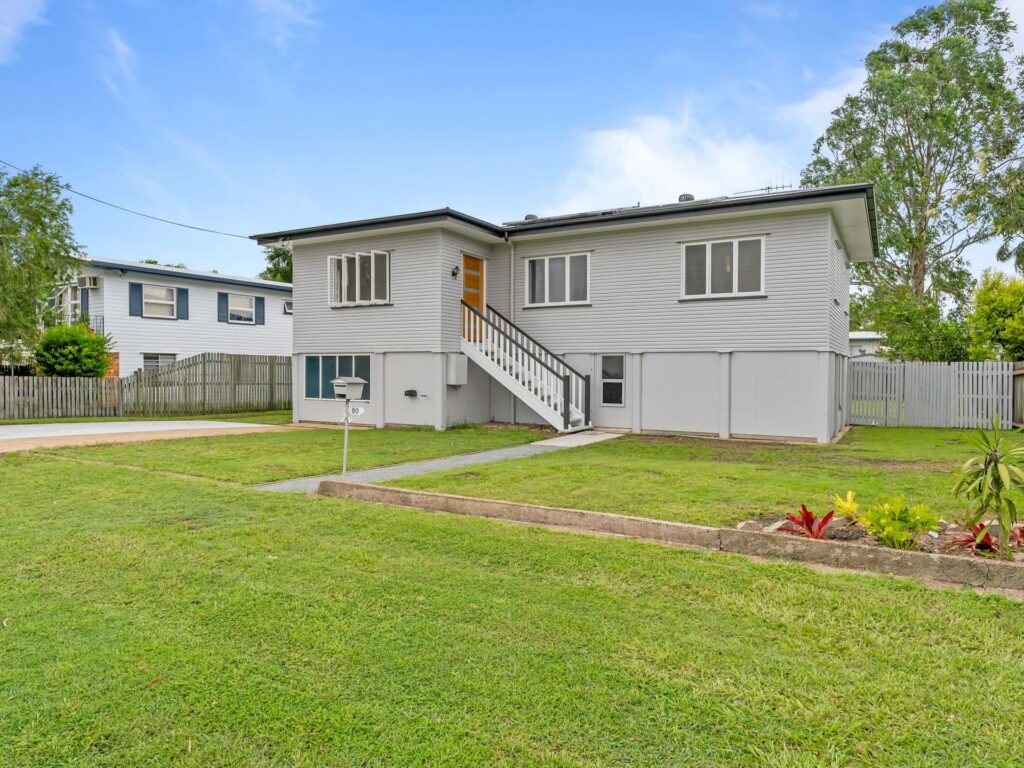
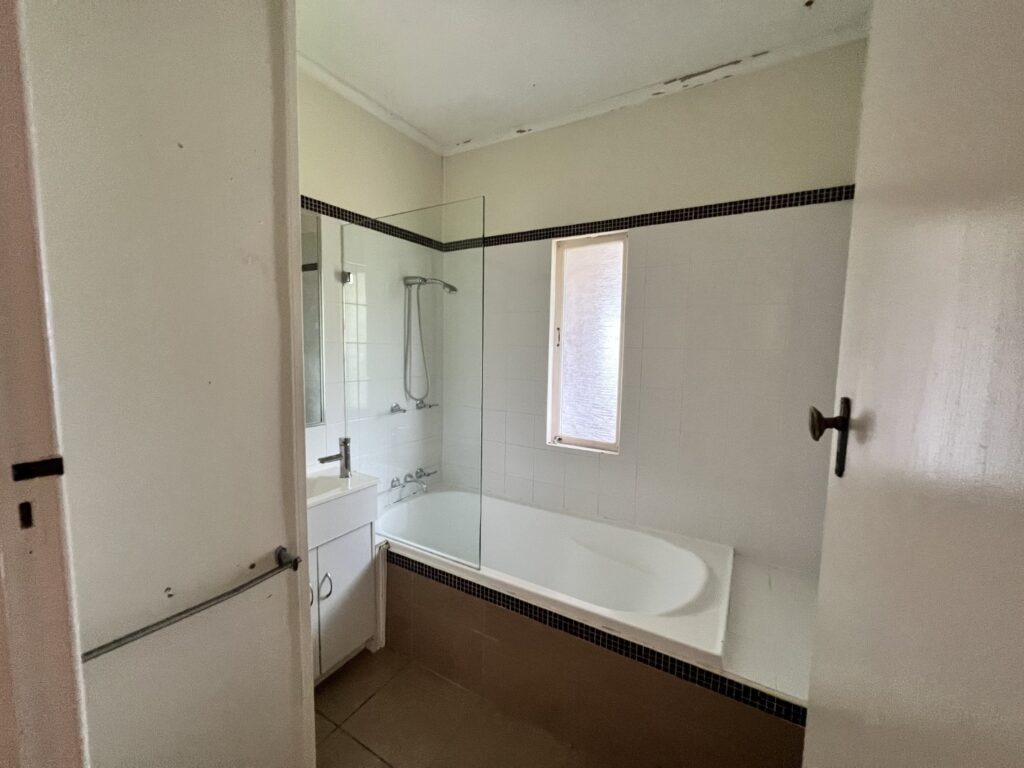
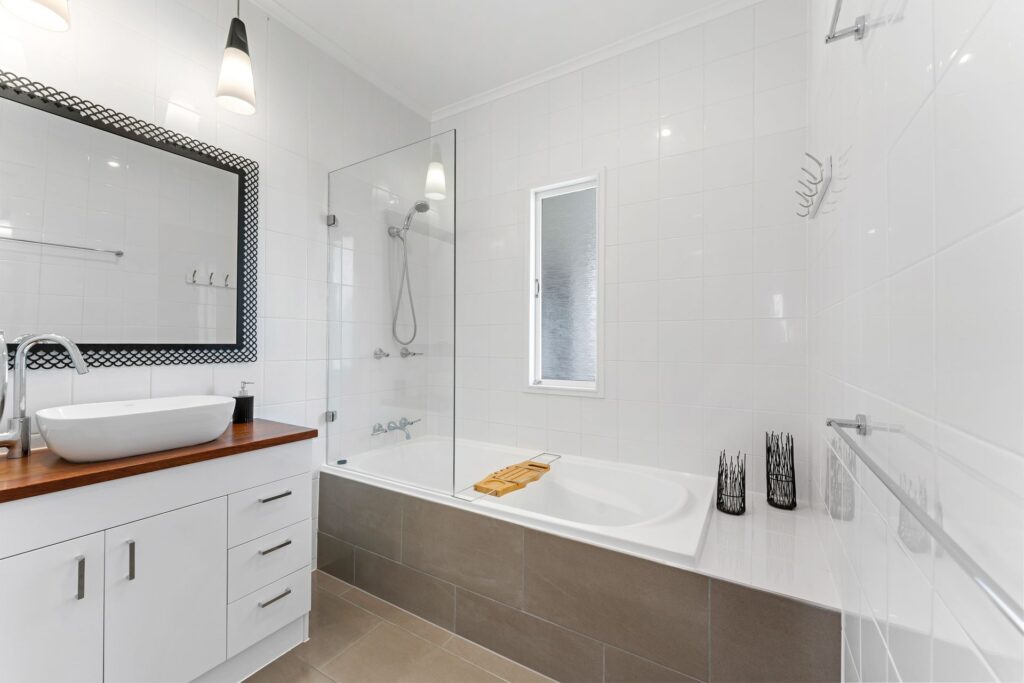
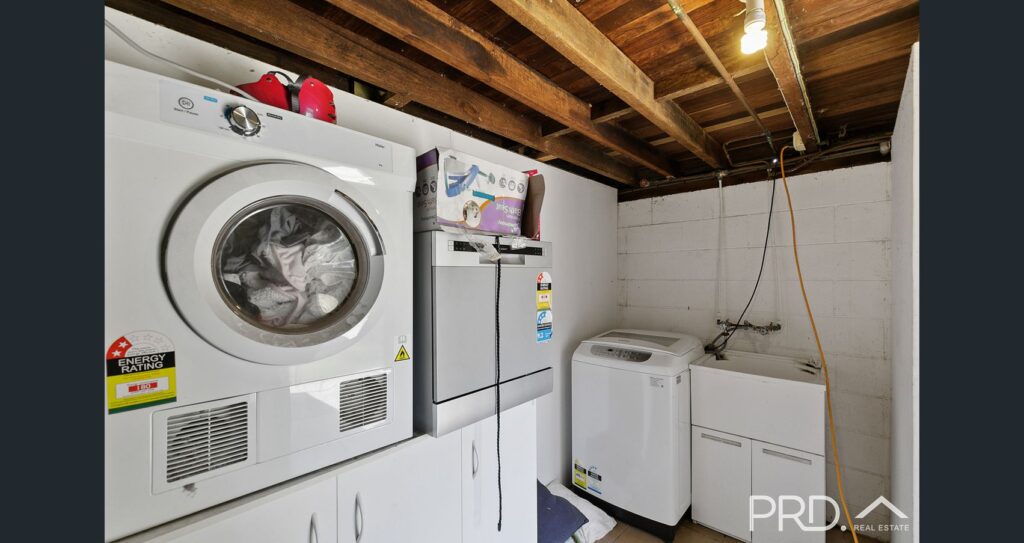
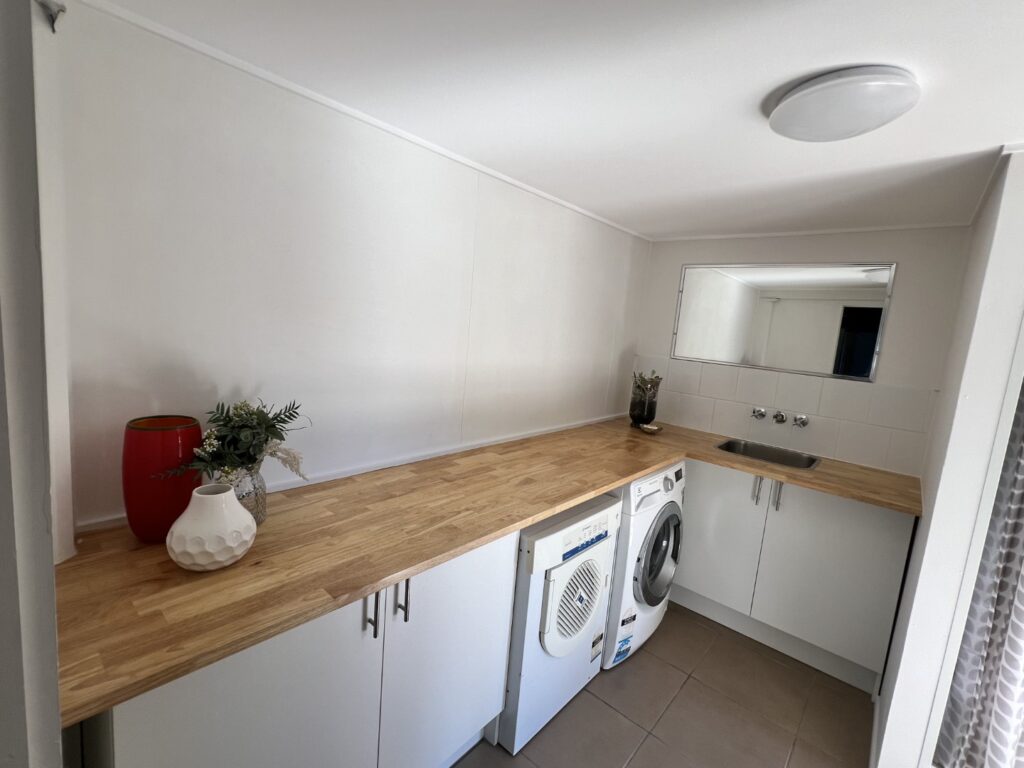
Our initial plan was to live off our savings and the profit from the house we sold while rent covered our home repayments. Brett planned to leave his job and I would take long service leave followed by unpaid leave. I’m not sure how successful that would have been, but in the end, fate had other plans. Six months before our trip, Brett landed a new job where he could work remotely. His employer was very supportive, allowing him to drop to three days a week once we started travelling.
When my long service leave ended, I networked and landed a three-month remote contract, which extended for another three months. Now, we both work three days a week, enjoying long weekends. This balance, though not as carefree as full-time travel, gives us financial comfort and lets us splurge on some
big-ticket experiences (Horizontal Falls, anyone?) that we wouldn’t have considered otherwise.
Popular Ways to Travel and Work
We’re incredibly fortunate to work in the IT sector, allowing us the flexibility to work remotely. Here are some other ways we’ve seen people achieve this.
- Work from home/Remote work– the one good thing that came out of COVID was the realisation that some jobs can be done remotely. If you are fortunate enough to have such a job, your employer may let you work from anywhere. Make sure you check in with them before you leave town though. Working from home is quite different from working out of a van with considerations like internet access, office space, availability, and time zone differences.
- Longer-term work– some find jobs along the way and settle into a community anywhere from a few weeks to a few months. Roles like caravan park management, cleaning, fruit picking, farm work and hospitality allow you to explore the area like a local.
- Short-term work– tradies, teachers and others with specific skills can find short contracts to fill immediate needs. People can pick and choose what work they want to accept and where.
- Mobile work– hairdressers, beauty therapists, plumbers, electricians etc often work while they are travelling offering their services to locals and fellow travellers. This is great for other travellers who often have a hard time booking ahead for such services.
- Travel Bloggers and Influencers– this is a newer trend where people create YouTube videos, write articles, test products, and give advice. While we blog about our adventures and create our own videos, we don’t monetise them. The amount of work involved in this is more than you would expect and something we don’t have the time and energy for. Don’t be fooled by the smiles on their faces and the fun they are having, in the background they are still working very hard. If you want to go down this path, it might be an idea to start it while you still have another income while you build up an audience.
Popular Ways to Travel Without Work
- Retirement– the big trend of Grey Nomads is popular for a reason. What better way to spend your time than to travel around this beautiful country in your later years?
- Savings/Investments/Passive Income– some people save enough money or have enough investments or passive income to take time off to travel. Some may do a few weeks, others for months and then there are the ones that can take a year or more off to travel depending on their financial situation.
- Leave and Long Service Leave– Combining your leave options for an extended travel time or even taking your leave at half pay might be possible. This way you still have an income while travelling.
- Selling Assets– Selling significant assets like a home or car to travel is an option but be very careful with this, it can be hard to get back into the property market if you sell your only house.
I understand! Here’s an alternative ending that captures the excitement and possibility of your journey:
These are just some of the options we know about; there are plenty more out there. If the idea of extended travel excites you, don’t just dream about it—explore it! Take the first step to see if it’s a viable option for you. Our adventure has been incredibly rewarding, allowing us to explore so many parts of Australia that we wouldn’t normally visit on a quick holiday. Embrace the journey, and you might just find it to be one of the most fulfilling experiences of your life.
We’d love to hear how you travel and work (or not work)! Or if you are thinking about it!

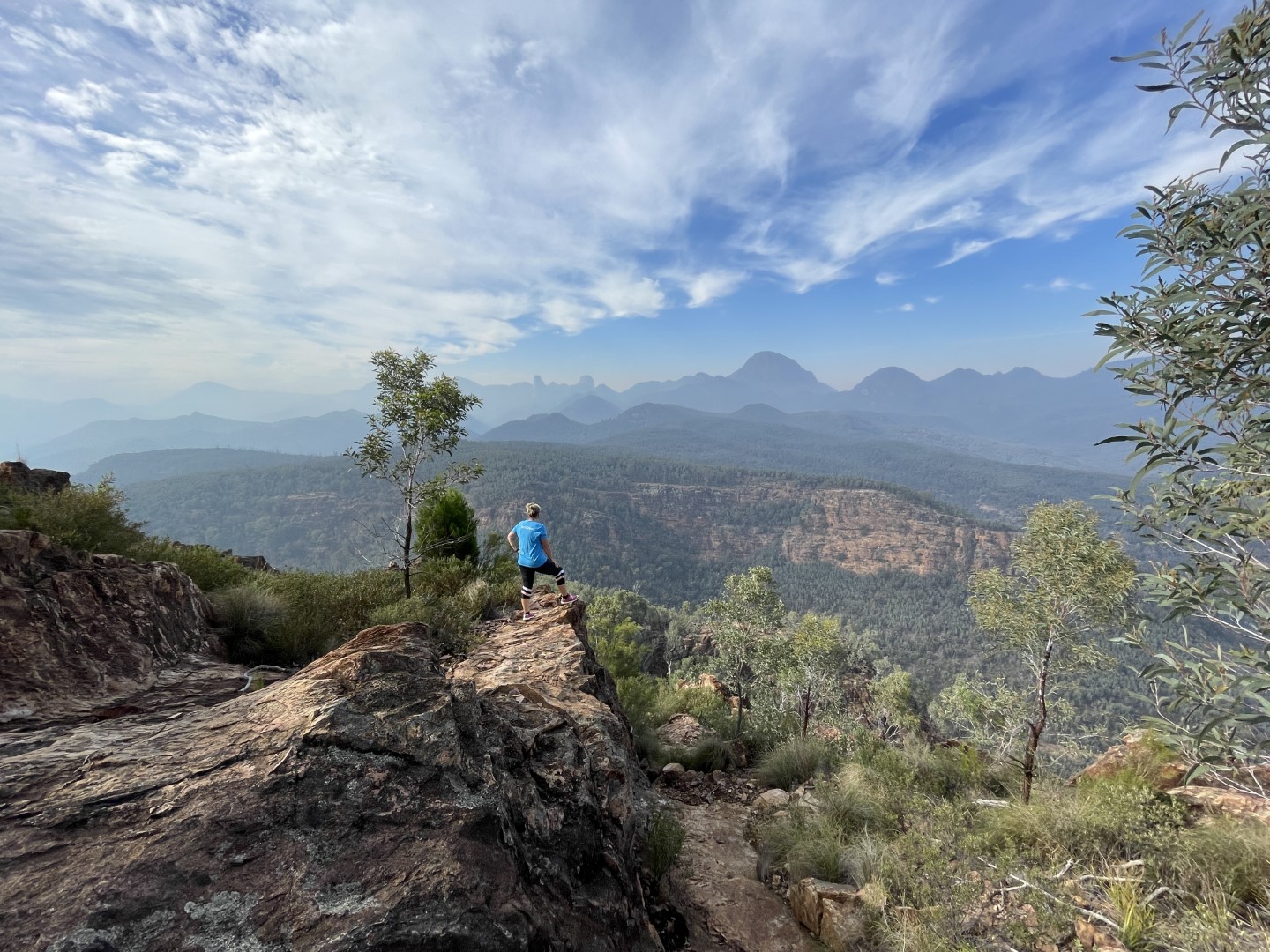

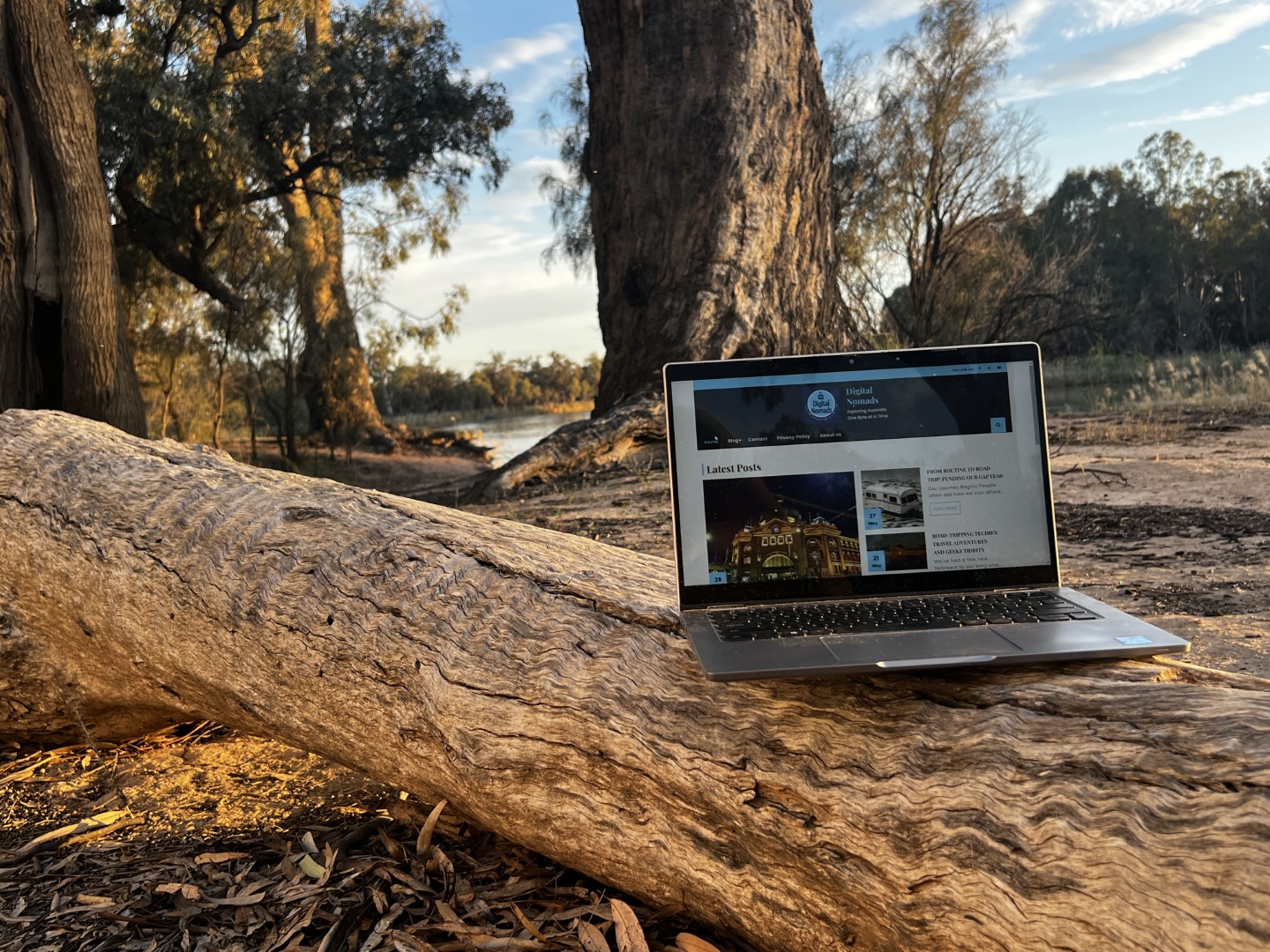
https://shorturl.fm/byRJQ